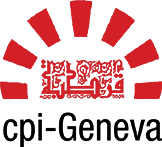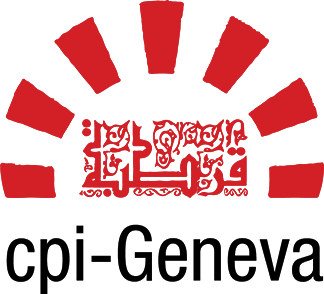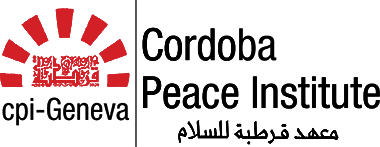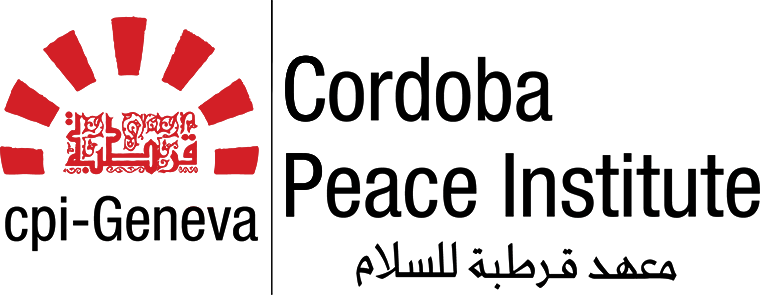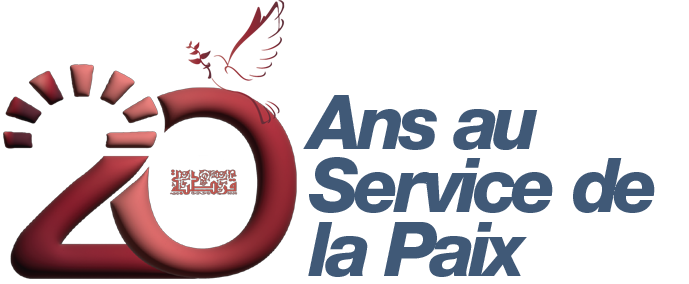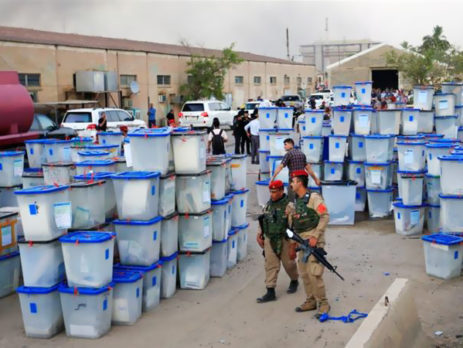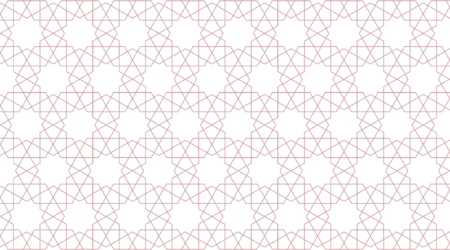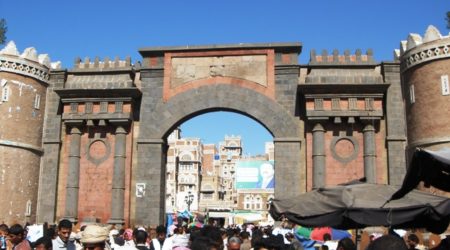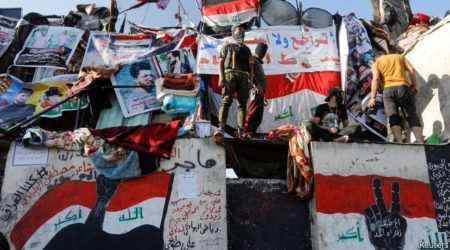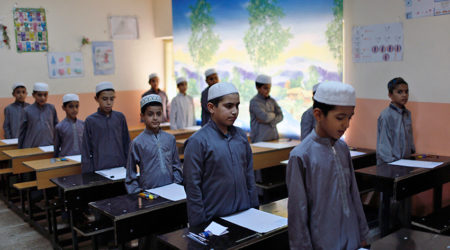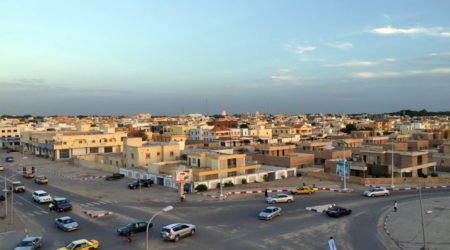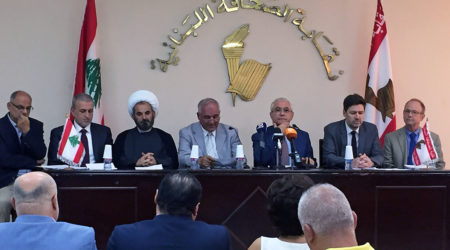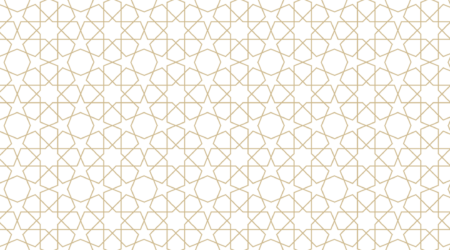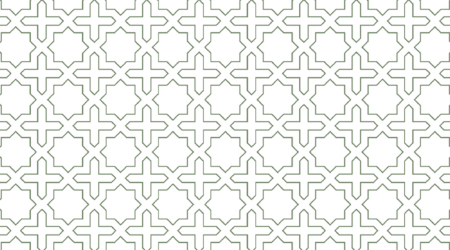Electoral month in the Middle East and North Africa: a summary
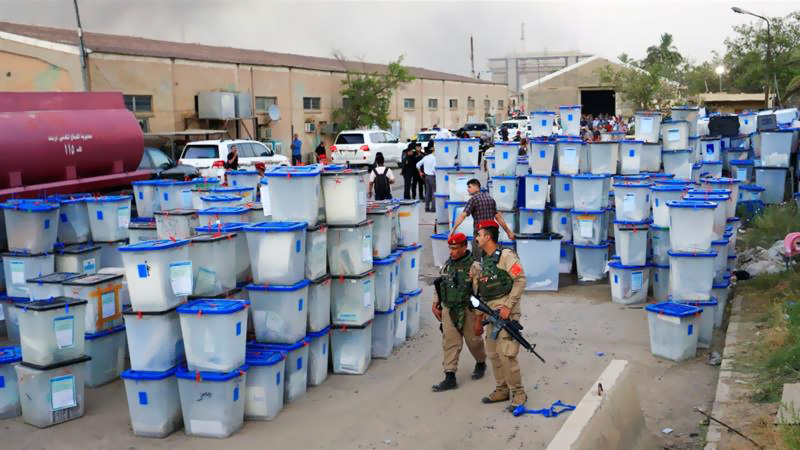
The beginning of May 2018 was punctuated by elections in three countries of the Arab world, all seen as free and fair by international institutions, although some incidents were criticised. Legislative elections were held in Iraq and Lebanon, and Tunisians were called to the polls for municipal elections. With a record abstention rate in Tunisia (also disappointing in the other two countries), and suspicions of irregularities, or even fraud, in Iraq, it is nevertheless noteworthy that these elections were held in tense economic, political and social contexts, and contradicted some forecasts. These elections, while fragile, still represented hope for democratic change in a region that had been tormented for far too long.
The beginning of May 2018 was punctuated by elections in three countries of the Arab world, all seen as free and fair by international institutions, although some incidents were criticised. Legislative elections were held in Iraq and Lebanon, and Tunisians were called to the polls for municipal elections. With a record abstention rate in Tunisia (also disappointing in the other two countries), and suspicions of irregularities, or even fraud, in Iraq, it is nevertheless noteworthy that these elections were held in tense economic, political and social contexts, and contradicted some forecasts. These elections, while fragile, still represented hope for democratic change in a region that had been tormented for far too long.
In Lebanon, more than 3.7 million registered citizens were called to vote on May 6 to elect 128 parliamentary deputies, in which 64 seats are reserved for Muslim candidates, and the remaining 64 for Christian candidates, according to a formula that was adopted during the 1989 Ta’if Accord, which was signed to end the Lebanese civil war.
Nine years after the last legislative elections in 2009, and following many discords within the Lebanese political sphere, which saw its government collapse twice, in 2011 and 2013, and a record vacancy of the presidency for 29 months, these elections took place in a critical context both in terms of the economic situation and the management of the Syrian refugee crisis. One of the main stakes for the state was to ensure the regularity of the elections, i.e.to respect the new measures provided for by the electoral law that was adopted by Parliament in June 2017 (after many difficult negotiations). This issue was even more important as the international community, whose financial assistance was requested by Lebanon during an international conference held last April in Paris, watched the polls attentively.
Only one out of every two citizens went to the polls. According to some politicians, the decline in the voter turnout rate to 49%, or 5 points lower than in 2009, can be attributed to the new electoral system, which they consider too confusing. It is important to note that this rate also reflects a certain exasperation of the population towards its ruling class.
In terms of results, the Future Movement, led by the current Prime Minister Saad Hariri, lost one-third of its seats. Despite its electoral setback, it still has 19 seats, against 33 in the current Parliament. This massive loss benefits the Shiite alliance made up of Hezbollah and the Amal movement, which respectively won 14 and 17 seats, bringing their coalition to 31 deputies (against 13 in the outgoing Parliament) and becoming the main force of the country. The Free Patriotic Movement (and other affiliated candidates), the mainly Maronite Christian party of the current President Michel Aoun, won 7 more seats, bringing the total to 25 seats.
On the same day, Tunisia held its first municipal elections since the overthrow of the Ben Ali regime after many postponements (four times in total) since 2015. These first free elections did not raise much enthusiasm of the part of the population, with a participation rate of only 33%, meaning that almost two out of three citizens remained indifferent to the vote.
Although many analyses announced the party Ennahdha as the winner of the elections, it should be noted that the largest score recorded, or 32% of the vote, was for so-called independent candidates. Although the two major national parties, Ennahdha and Nidaa Tounes, managed to respectively obtain 29% and 22% of the votes, these two major forces saw their electoral bases severely diminished compared to the legislative and presidential elections of 2014, and should see such a result as a disavowal of the traditional parties in power. Notably, the Nidaa Tounes party, which until now was the main force on the Tunisian political scene, suffered a major defeat in these elections. This political setback can be explained by the many internal conflicts that have taken place in the party, which make it a party in full fragmentation. Some of their constituents have still not forgiven the betrayal of their promise to “block the Islamists”, by forming a coalition with Ennahdha following the parliamentary elections in 2014. Voters also strongly criticize the fact that their economic situation has worsened in recent years with unresolved problems of unemployment or chronic inflation. On the side of Ennahdha, even if the party can boast of having largely outstripped its main rival, which puts it in a good position for the presidential elections of 2019, it remains a small consolation in the debacle of the elections that will force it to form coalitions for lack of a majority.
Meanwhile in Iraq, the first – and highly anticipated – election since the victory of the armed forces against Daesh took place on May 12th. With a choice of more than 7000 candidates, organized into 88 electoral lists, Iraqis were called upon to elect their 329 deputies (of which 25% are required to be women, i.e. 83, and 9 representatives of minorities). Although the results are disputed, with allegations of fraud, the list of the Sairoun movement (“In March for Reforms”) led by Moqtada al-Sadr in coalition with the Iraqi Communist Party came in first, winning 54 seats and beating the Alliance for Victory list led by outgoing Prime Minister Haider al-Abadi, who came in third with 42 seats, while the latter’s coalition had been widely favoured by many analyses.
As mentioned above, these elections have been widely disputed by political parties, including, but not only, Kurds and Sunnis who suspect fraud. Parliament therefore had to make the decision to count 11 million votes manually while suspending the nine members of the High Electoral Commission and replacing them with judges. According to the Prime Minister, the fraud – or violations – could be due to electronic voting machines used in some governorates that would not have been tested before their use, opening the possibility of counting errors. Committee members were also banned from traveling outside Iraq, and some could face criminal charges against them. Four people, three police officers and one High Commission employee, were also arrested following a fire in a Baghdad ballot depot. However, even though the site was ravaged by flames, no ballot boxes appear to have been destroyed.
For the moment, an annulment of the elections has been totally ruled out, and the negotiations to form a coalition with a majority of seats (165) have begun. Moqtada al-Sadr, who was not a candidate himself, will not be able to claim the post of prime minister, but still enjoys a “kingmaker” position. After meeting with several political party leaders, he initially signed a coalition agreement with al-Hikma (the National Wisdom Movement) led by Ammar al-Hakim and ranked seventh with 19 seats, then with the al-Wataniya movement (or Iraqi National Movement), led by the current Vice-President and former Prime Minister of the Interim Government, Iyad Allawi, whose list won 21 seats. More surprisingly, Moqtada al-Sadr, who says he is opposed to American and Iranian interference, has subsequently announced a coalition with Fatah (Conquest Alliance), the political party ranked second according to the results of the poll, with 47 seats, led by Hadi al-Ameri, Tehran’s closest ally. Both said they would leave the door open to other parties that would like to join them.
For now, negotiations continue, while the first session of Parliament should be held in late June to elect by absolute majority the new Speaker of Parliament, followed by a period of 30 days to elect the new President of the Republic. The latter will then be responsible for mandating a representative of the majority coalition to form the next government. Traditionally, the Presidency should be returned to a Kurd, while that of Speaker of Parliament would be occupied by a Sunni, and a Shiite would be chosen as Prime Minister.
These three elections prove that democracy, even under difficult conditions, also has its place in the region.
